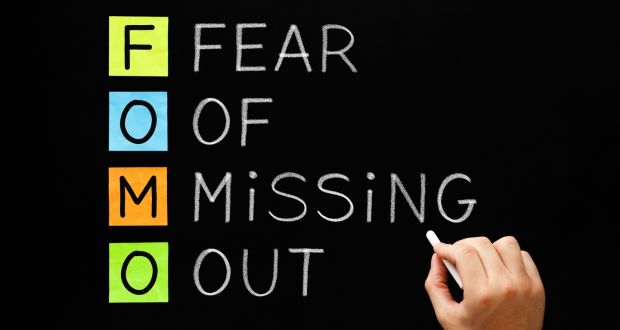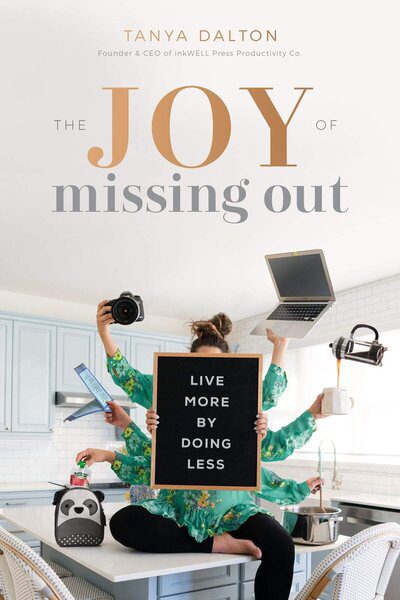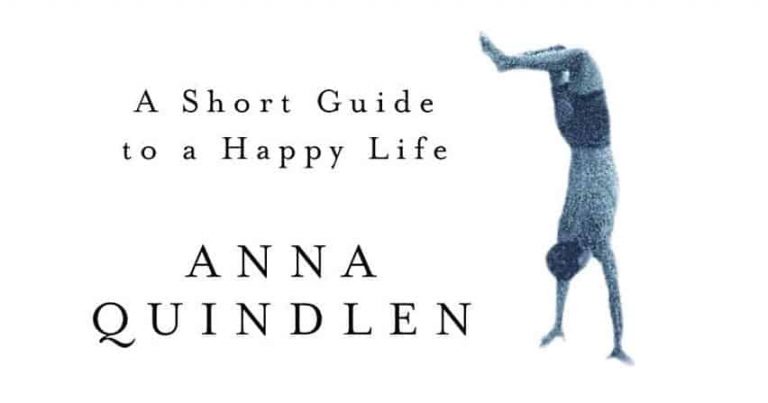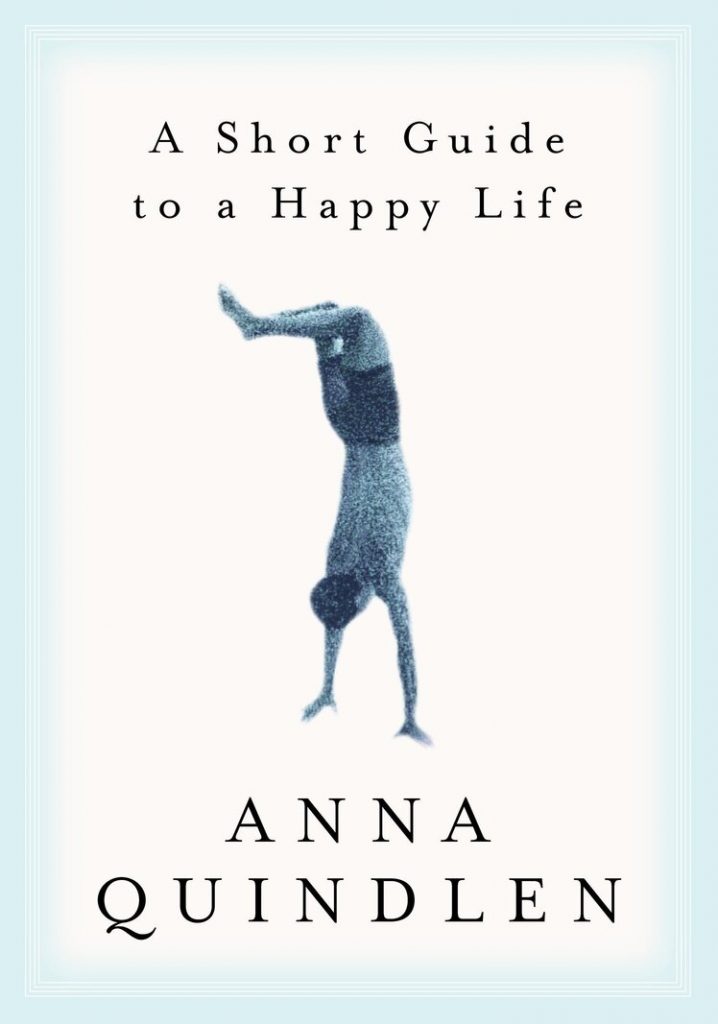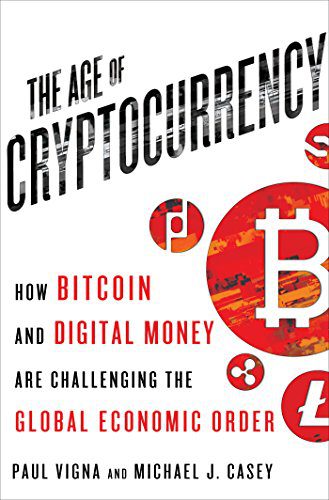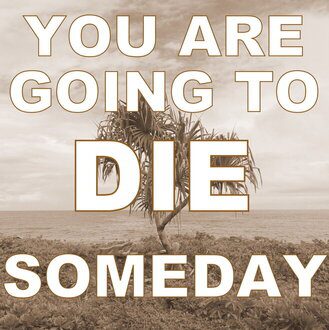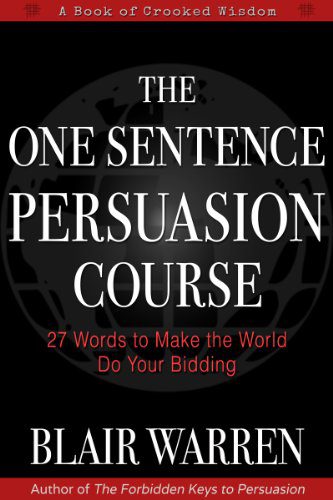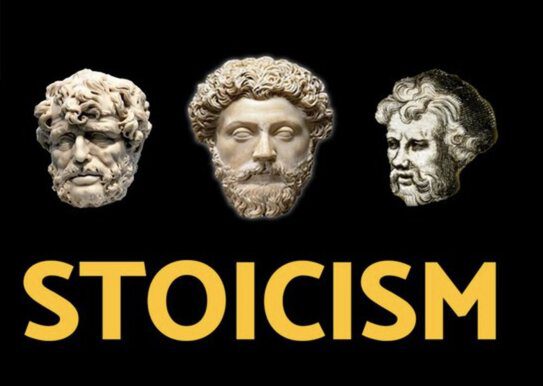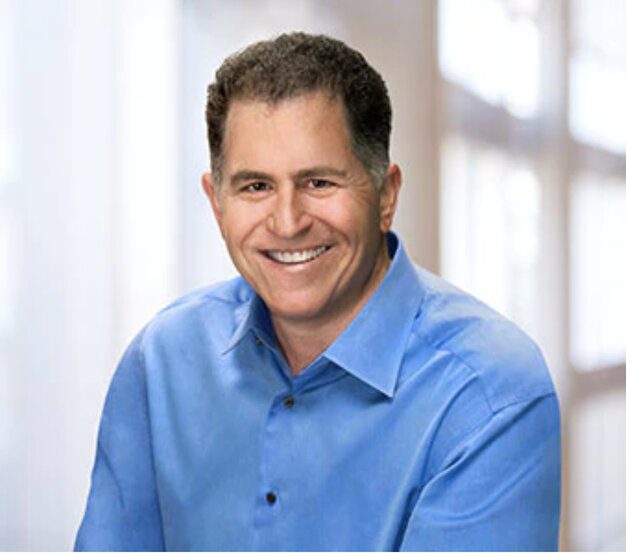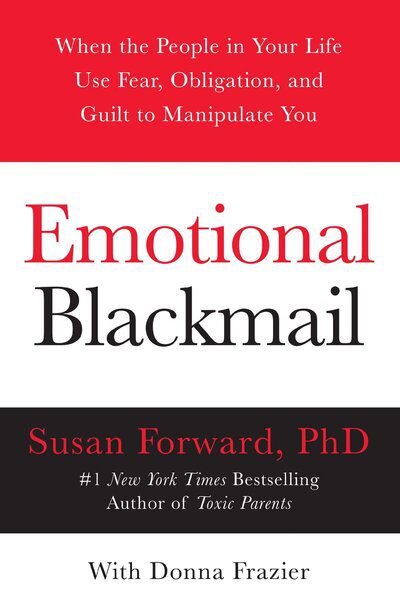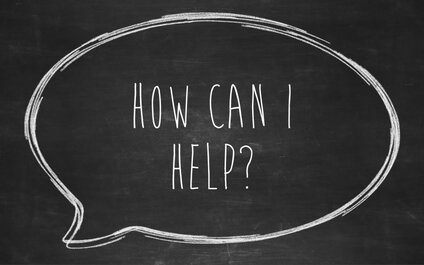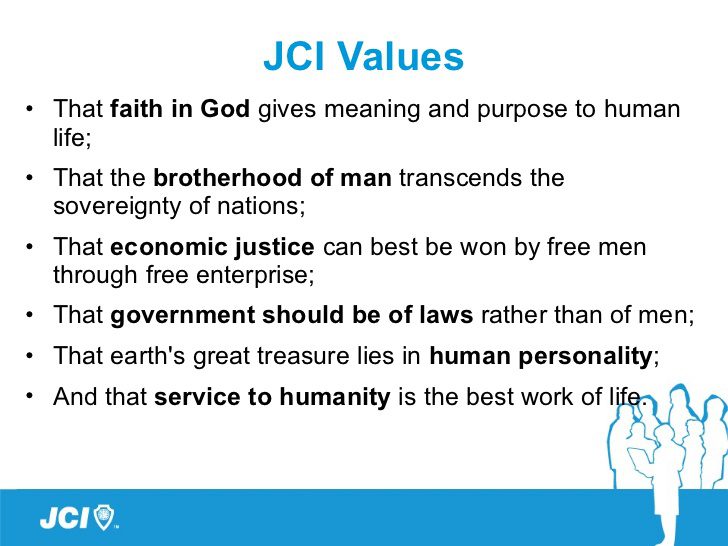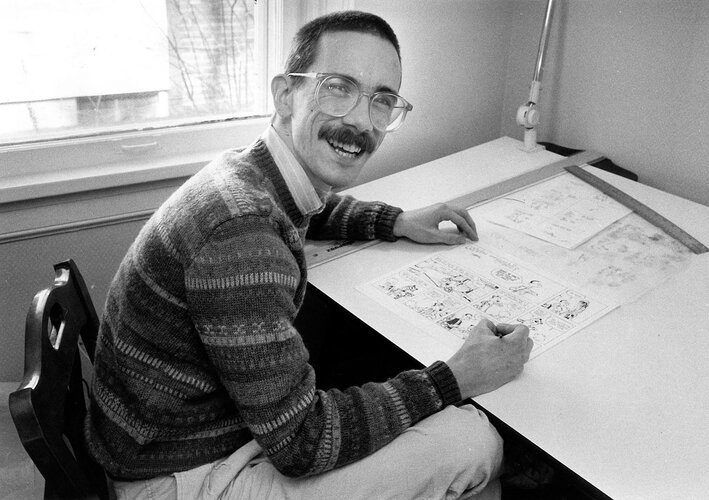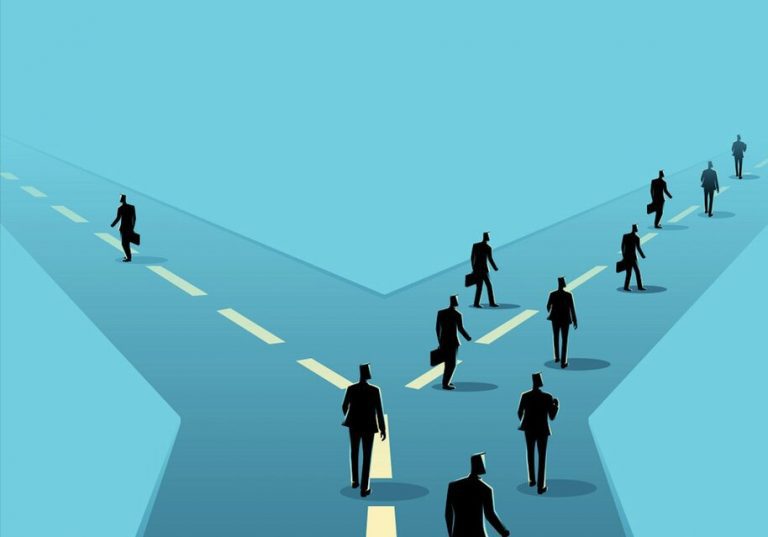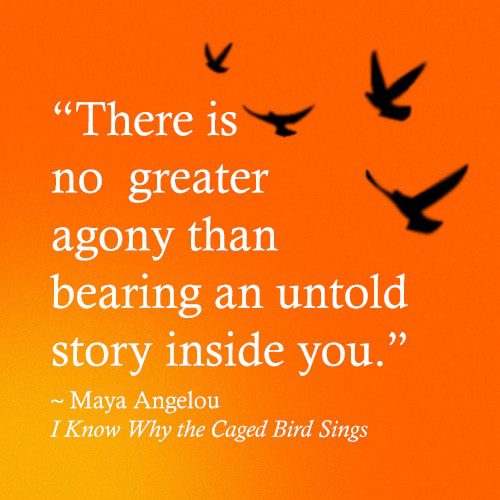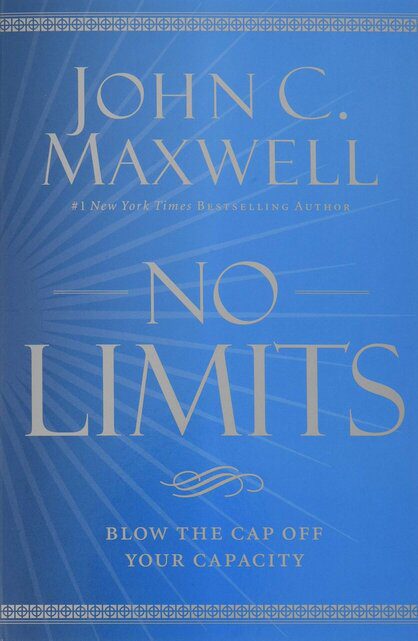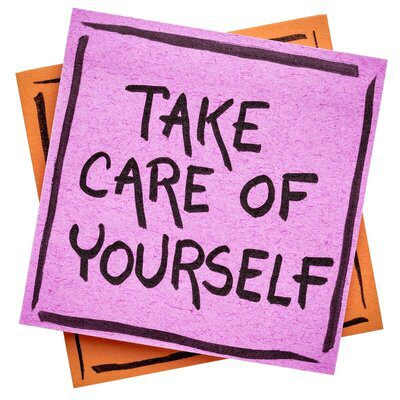Print | Kindle (eBook) | Audiobook
Many of us set limitations on our capacity, we set limits on what is possible in our lives. New York Times bestselling author John C. Maxwell, identified 17 capacities that we all possess and he also provides actionable advice on how to increase our potential in each. The Core theme of No Limit: If you are aware of yourself and your ability to improve, if you develop the abilities you already possess, and if you make the everyday choices that help you improve, you will reach your capacity.
John Maxwell Identified 7 capacities and 10 choices we can develop, grow and harness to blow the CAP off our limitations. Everyone has capacities that are based on their natural talents. Some of them require very specific abilities, such as those found in symphony musicians, professional athletes, and great artists.
The Seven Capacities
Energy Capacity—Your Ability to Push On Physically
Emotional Capacity—Your Ability to Manage Your Emotions
Thinking Capacity—Your Ability to Think Effectively
People Capacity—Your Ability to Build Relationships
Creative Capacity—Your Ability to See Options and Find Answers
Production Capacity—Your Ability to Accomplish Results
Leadership Capacity—Your Ability to Lift and Lead Others
Increased capacity comes from making the right choices.
The Ten Choices:
Responsibility Capacity—Your Choice to Take Charge of Your Life
Character Capacity—Your Choices Based on Good Values
Abundance Capacity—Your Choice to Believe There Is More Than Enough
Discipline Capacity—Your Choice to Focus Now and Follow Through
Intentionality Capacity—Your Choice to Deliberately Pursue Significance
Attitude Capacity—Your Choice to Be Positive Regardless of Circumstances
Risk Capacity—Your Choice to Get Out of Your Comfort Zone
Spiritual Capacity—Your Choice to Strengthen Your Faith
Growth Capacity—Your Choice to Focus on How Far You Can Go
Partnership Capacity—Your Choice to Collaborate with Others

